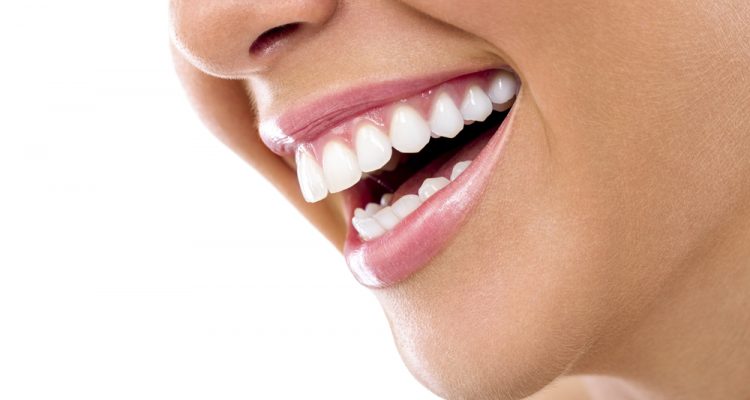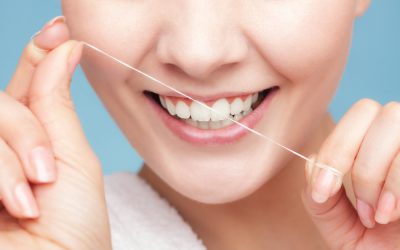It’s quiz time at Boyett Family Dentistry: Do you know the 4 different types of teeth in the human mouth? Your teeth are one of the strongest materials in your body, and they are necessary for you to eat, speak, and smile. You’ll have 2 sets of teeth over your lifetime: 1 set of baby teeth as a child and 1 set of permanent teeth as an adult.
Baby teeth (also called milk teeth or temporary teeth) start erupting around age 6 months, and a full set of 20 temporary teeth have grown in by ages 2 to 3. Most children lose their baby teeth between ages 6 to 12, and a full set of 32 permanent adult teeth have grown in by ages 12 to 13.
Here, you can learn more about the 4 different types of permanent teeth you have and their primary functions in the mouth. We’ll start with the teeth at the front of your mouth and work our way to the back.
1. Incisors
How many you have: 8 total, with 4 in the upper jaw and 4 in the lower jaw
How you use them: The novelty Christmas song “All I Want for Christmas (Is My Two Front Teeth)” is referring to your incisors. Your incisors are the strong, flat teeth at the front of your mouth. They have sharp edges because their primary function is to cut food when you bite into it. Imagine taking a huge bite out of crisp apple – your incisors help you cut through the flesh and tear away a bite-sized piece to chew.
2. Canines (Cuspids)
How many you have: 4 total, with 2 in the upper jaw and 2 in the lower jaw
How you use them: The canines are located next to the incisors, and they mark the 4 “corners” of your mouth. Your canines are sharp and pointed, because their primary function is to tear food apart into smaller pieces.
3. Premolars (Bicuspids)
How many you have: 8 total, with 4 in the upper jaw and 4 in the lower jaw
How you use them: The premolars are past the canines. Your premolars have large, flat surfaces, multiple cusps, and many dips and ridges. The primary function of these teeth is to crush and grind down food so you can swallow it easily. This crushing and grinding process helps prepare food for digestion as it travels down your esophagus and into the stomach,
4. Molars
How many you have: 12 total, with 4 in the upper jaw, 4 in the lower jaw, and 4 third molars (wisdom teeth)
How you use them: Like premolars, the molars are large, flat teeth with ridged surfaces. Molars are your biggest, strongest teeth and their primary function is to crush and grind down food. Molars often develop cavities because they have the most contact with food particles as you chew and swallow.
What are third molars: You have 8 permanent molars in your mouth, along with 4 molars – called third molars or wisdom teeth – that erupt later than your other permanent teeth. Your third molars may not grow in until you are a teenager or adult. Wisdom teeth are often removed because your mouth may not have enough space to support them. Due to lack of space, some wisdom teeth become trapped under the gums (impacted) as they grow.
Call Boyett Family Dentistry to Schedule Your Next Cleaning
It’s important for you to practice good oral care to ensure your teeth remain healthy, strong, and free of cavities. Brush twice a day using a soft-bristled toothbrush and fluoridated toothpaste and floss once a day. Eat a balanced diet full of fresh, whole foods, and try to limit your intake of sugary foods and drinks.
Visit your dentist twice a year for professional cleanings and exams. Regular dentist visits can help prevent future oral issues and ensure that cavities and gum disease are identified and treated before they become worse. Call Boyett Family Dentistry today to schedule your next cleaning.






